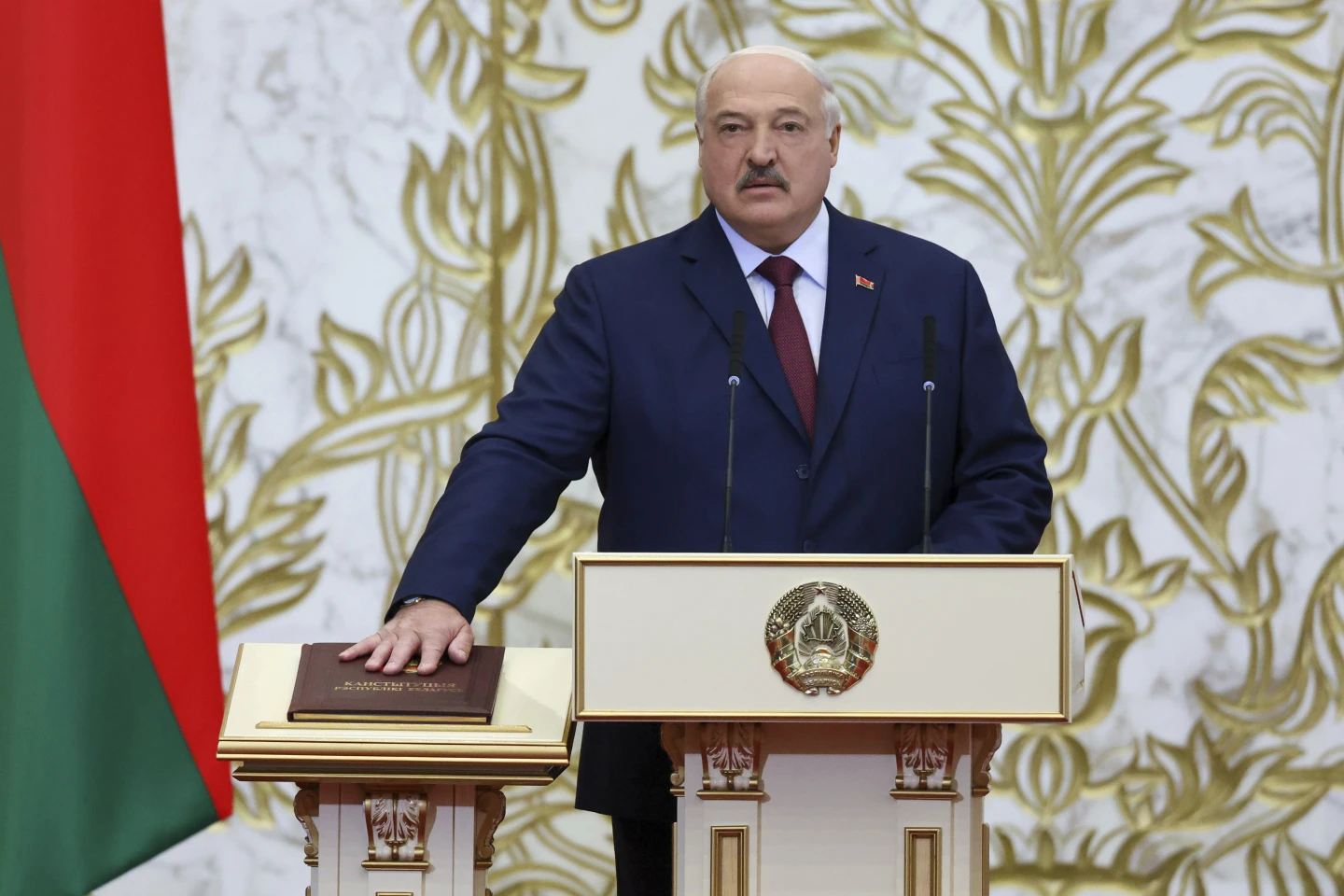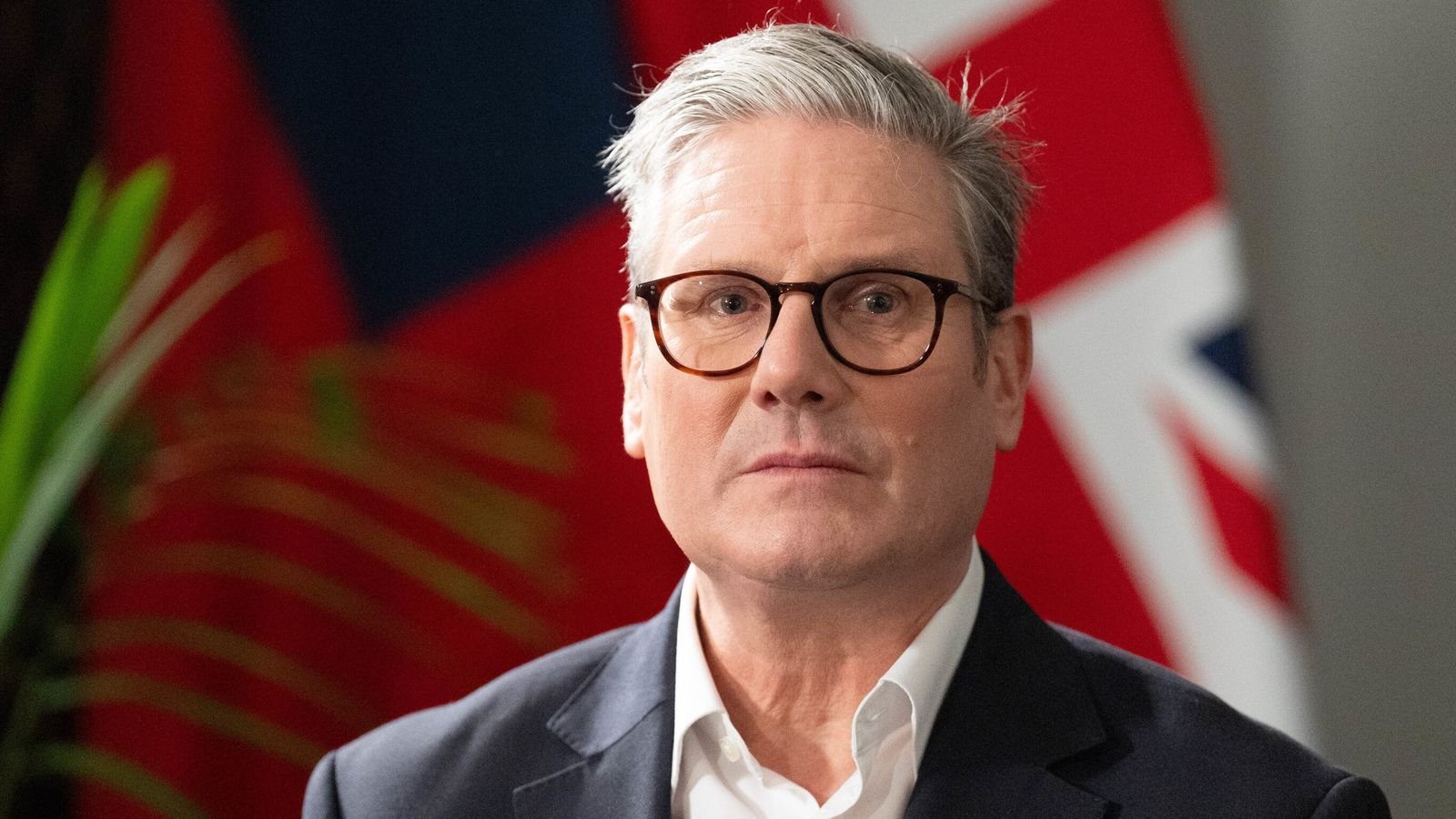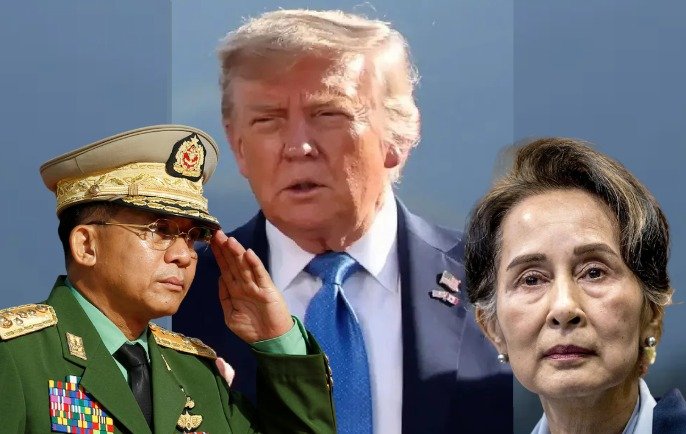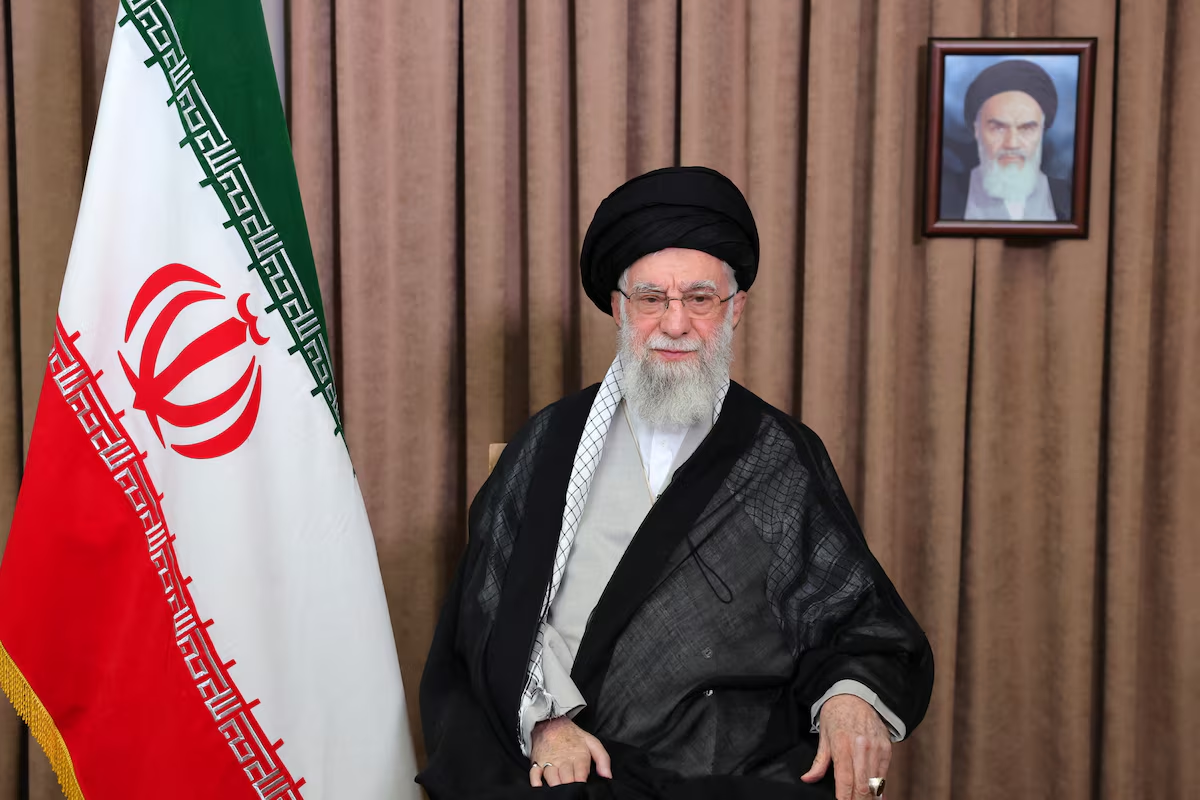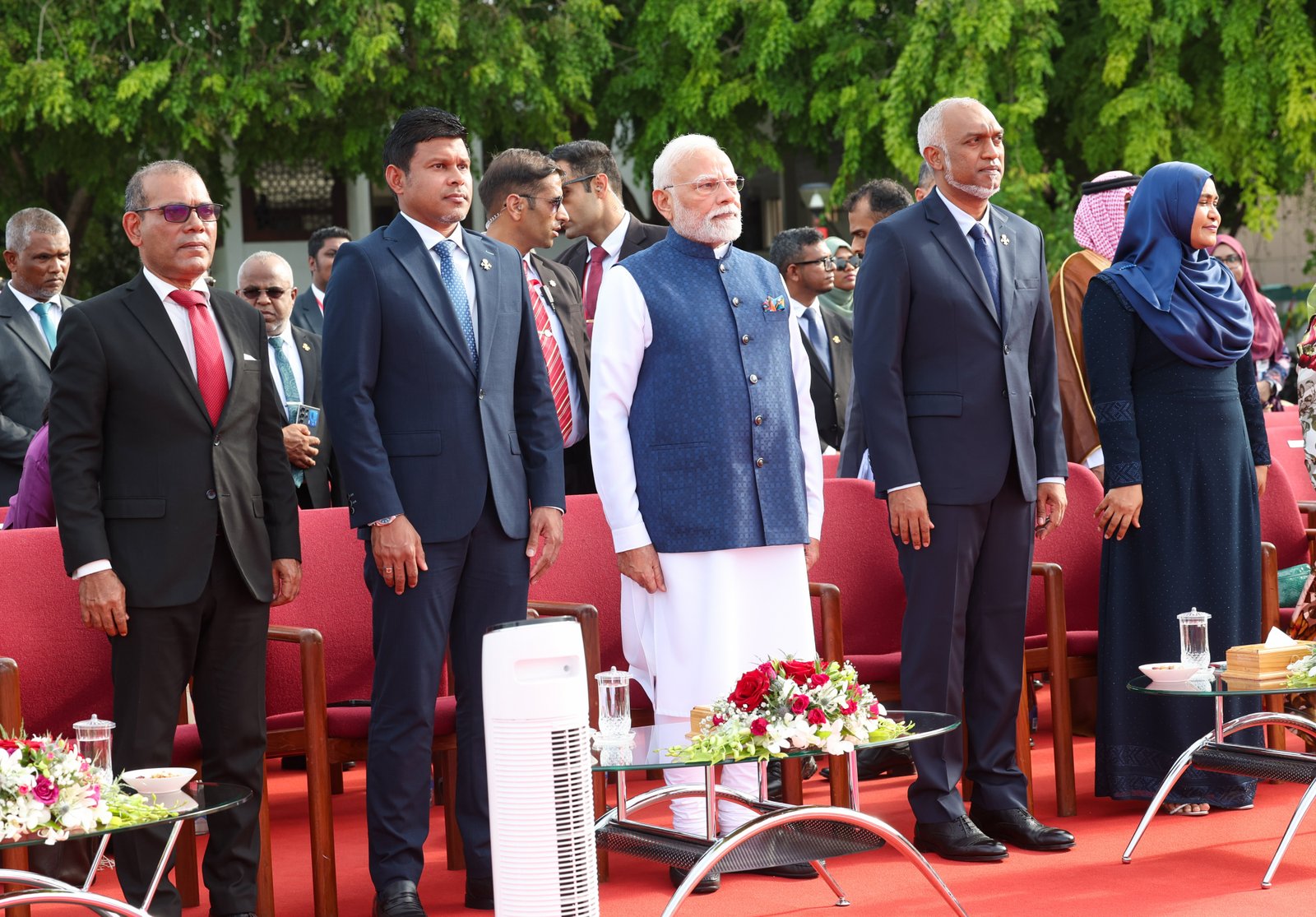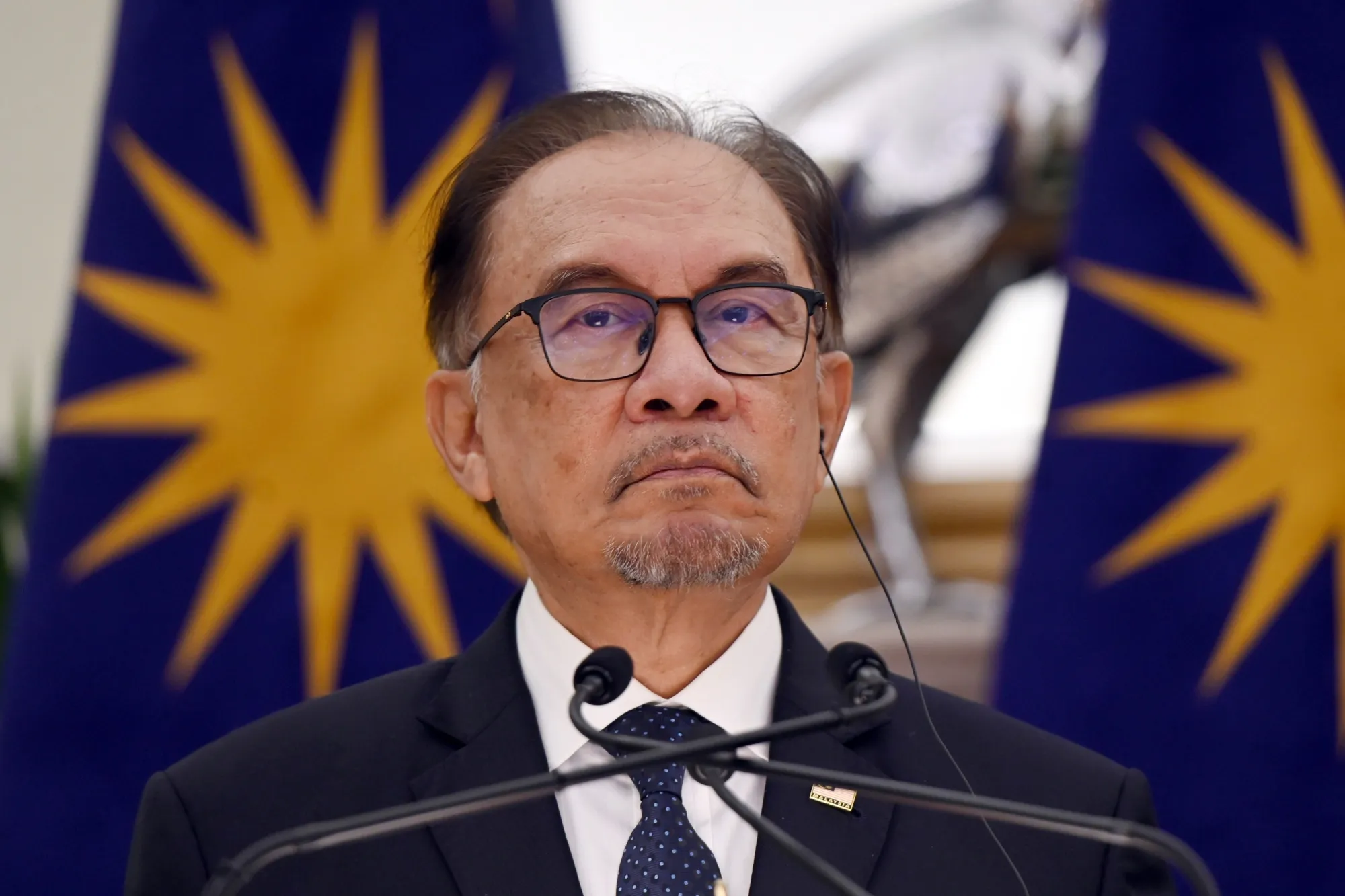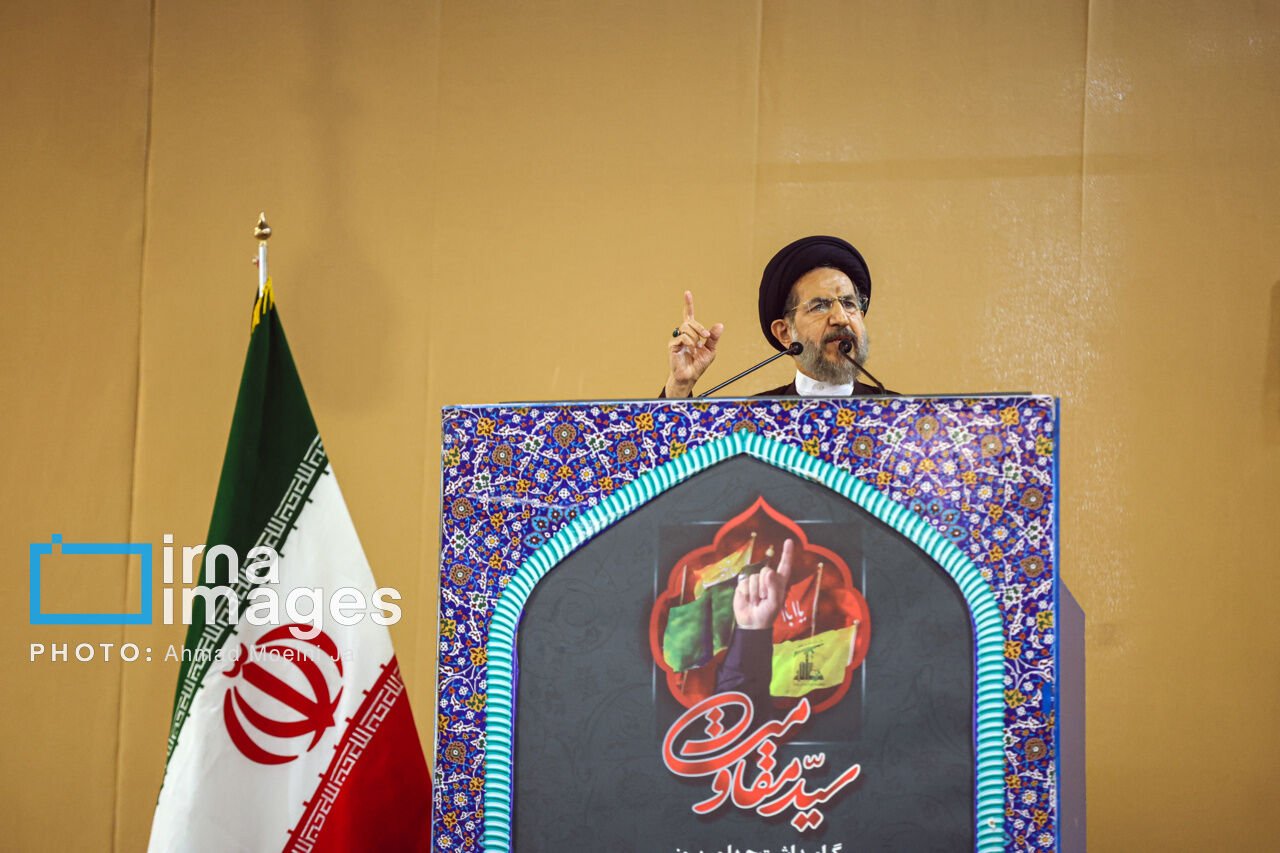Alexander Lukashenko Sworn in for Seventh Term as Europe's "Last Dictator"
Belarus, March 25: Belarusian authoritarian President Alexander Lukashenko was sworn in for his seventh term on Tuesday. Mocking those who criticize him as "Europe's last dictator," he claimed that Belarus believes in democracy "more than those who consider themselves models of democracy."
During his inauguration ceremony at the Palace of Independence in Minsk, the 70-year-old leader stated:
"Half of the world dreams of our ‘dictatorship’—a real business that serves the interests of our people."
Opposition supporters of Belarus held protest rallies abroad against Lukashenko on Tuesday, coinciding with the anniversary of Belarus’s brief independence after the fall of the Russian Empire in 1918.
Lukashenko has now completed three decades in power, and his political opponents dismissed the January 26 election as a sham. The Belarusian Central Election Commission claimed he won nearly 87% of the vote, but all four of his opponents praised his leadership rather than challenging his rule.
The opposition has faced severe repression, with many jailed or forced into exile. After the mass protests following the 2020 election, Lukashenko intensified crackdowns, leading to the arrests of over 65,000 people, with many subjected to police beatings. Independent media and NGOs were shut down, prompting Western sanctions against Belarus.
During Tuesday’s inauguration, Lukashenko branded his critics as "foreign agents" working against the people, declaring:
"You will not gain public support. You have no future. Our country has more democracy than those who claim to be democratic models."
Belarusian activists claim that there are currently over 1,200 political prisoners, including Nobel Peace Prize laureate Ales Bialiatski, the founder of the Viasna Human Rights Center. In a joint statement, Viasna and ten other Belarusian human rights organizations declared:
"This election took place amid a deep human rights crisis, characterized by widespread repression and fear across the country."
Lukashenko has ruled Belarus since 1994 and has relied on political and financial support from Russian President Vladimir Putin to maintain his grip on power. He allowed Russia to use Belarusian territory for the 2022 invasion of Ukraine, and later, some of Russia’s tactical nuclear weapons were deployed in Belarus.
Sviatlana Tsikhanouskaya, the opposition leader who ran against Lukashenko in 2020 but was forced into exile, vowed to continue the struggle for Belarus’s freedom. She stated:
"Our goal is to liberate Belarus from Russian occupation and Lukashenko’s dictatorship and bring our nation back into the European family."


